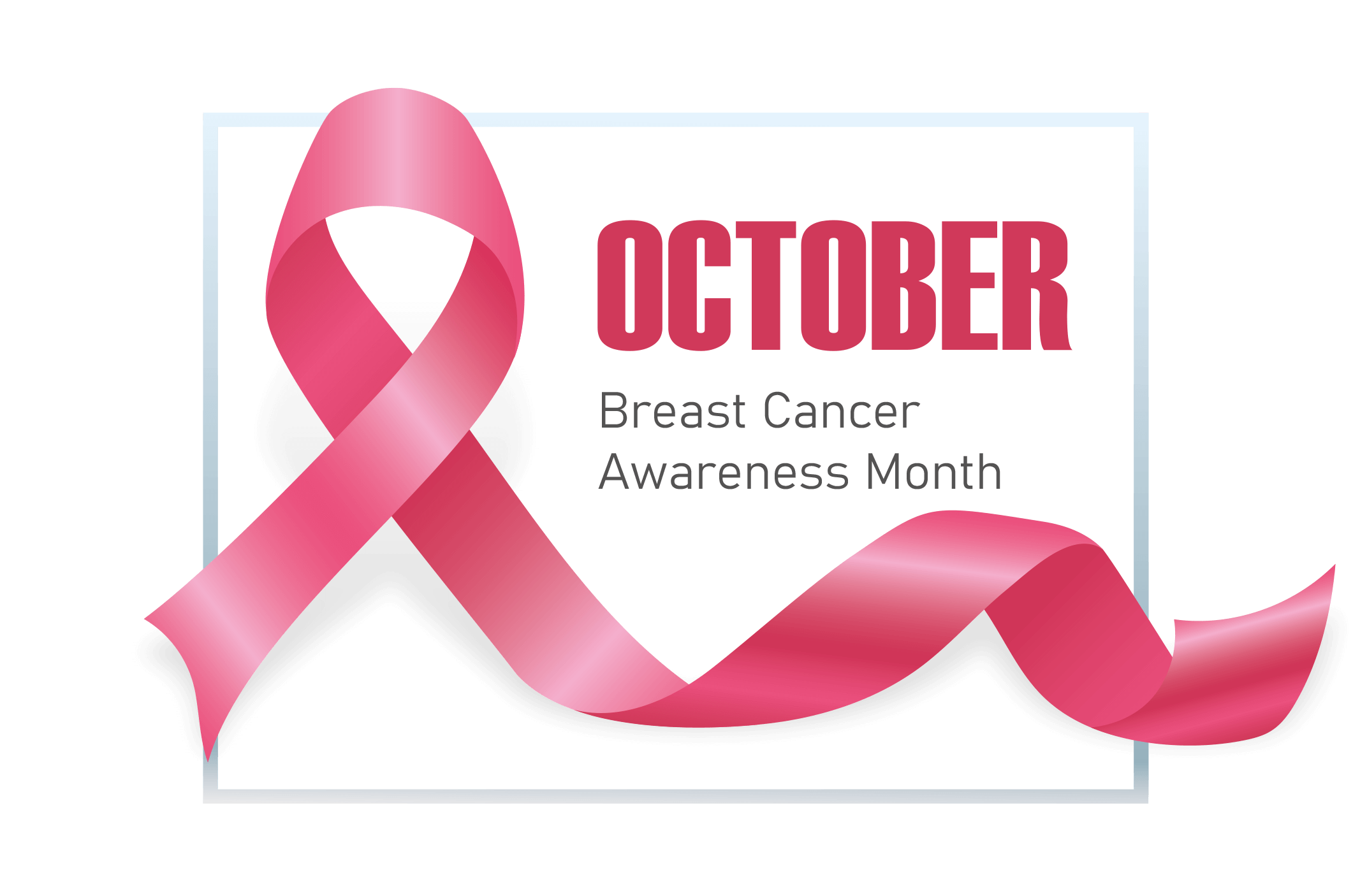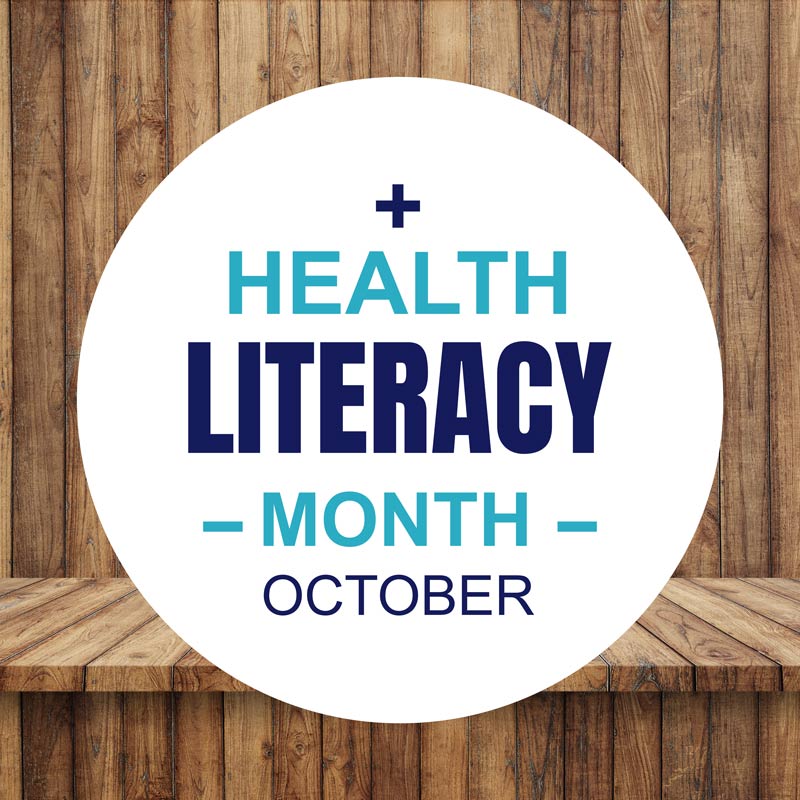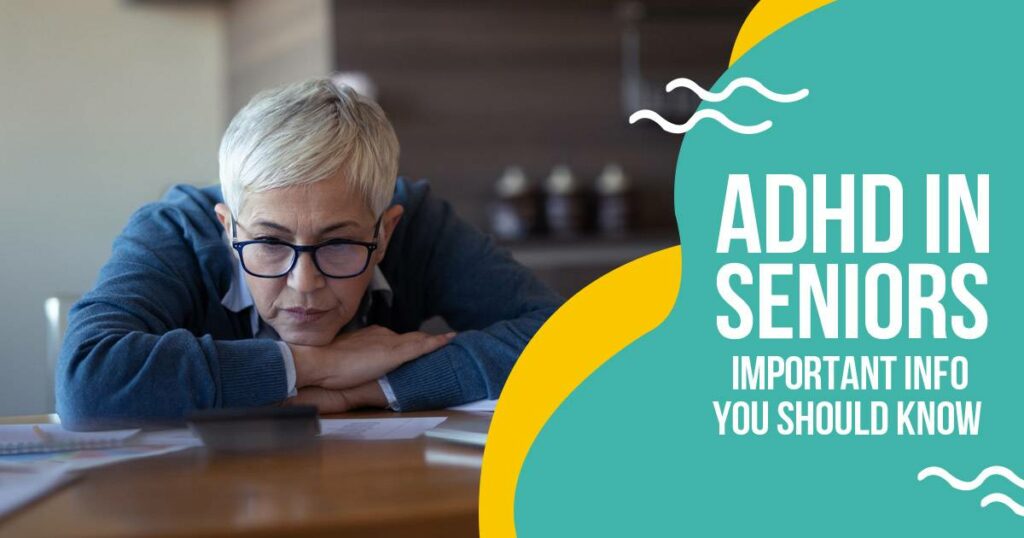Senior Living News, October 2025
Legacy Ridge at Buckhead
Newsletter

Around the world with Atlas - October 2025 - Germany
Halloween Special
Resident Birthdays
Jack Carusos 10/08
Terry Kullback 10/14
Beverly Shields 10/15
Tom Varner 10/27
Staff Birthday's
Myshade 10/09
Raven 10/10
Carlos 10/17
JoEllen 10/19
Celebrating October
Breast Cancer Awareness Month
Domestic Violence Month
ADHD awareness month
Health and Literacy month
October Fest
Halloween
German Music Legacy
Alexa, play Beethoven’s Symphony Number 9, Opus 125, Second Movement, Molto Vivace.
The second movement of Beethoven’s Ninth Symphony bursts with restless energy and rhythmic drive. Marked Molto Vivace, it contrasts the solemn grandeur of the opening with a lively scherzo full of syncopated pulses and dramatic turns. By the time he composed this masterpiece (1822–1824), Beethoven was almost completely deaf, yet his imagination transcended silence, giving the world music of unparalleled vitality. The scherzo’s bold rhythms and jubilant spirit showcase Beethoven’s genius for combining structure and passion, paving the way for the symphony’s monumental choral finale.
Breast Cancer Awareness
What is Breast Cancer Awareness Month?
Breast Cancer Awareness Month is an international health campaign that’s held every October. The month aims to promote screening and reduce the risk of the disease, which affects 2.3 million women worldwide. Known best for its pink theme color, the month features a number of campaigns and programs designed to:
- Support people diagnosed with breast cancer, including those with metastatic breast cancer.
- Educate people about breast cancer risk factors.
- Encourage women to go for regular breast cancer screening starting at age 40 or earlier, depending on personal breast cancer risk.
- Raise money for breast cancer research.
In the month of October, there are also specific dates designed to raise awareness of specific groups within the breast cancer community.
Metastatic Breast Cancer Awareness Day (October 13)
October 13 is nationally recognized in the U.S. as Metastatic Breast Cancer Awareness Day. About 168,000 women in the U.S. are estimated to have metastatic breast cancer (cancer that spreads beyond the breast to other parts of the body). Some researchers believe this number will rise to over 246,000 living with the disease by 2030. Despite the growing numbers of people living with metastatic disease, most money for breast cancer research doesn’t go toward studying it.
Metastatic Breast Cancer Awareness Day seeks to educate the public about the challenges that people with metastatic breast cancer face and the need for more research — and more treatments — for this deadly disease.
The day also serves as a reminder that people can do all the right things — breast cancer screenings and all the recommended treatments for early-stage breast cancer — and still have cancer spread to other parts of the body. As sf-cakes, a member of the Breastcancer.org Community, shared, “Being stage IV during Breast Cancer Awareness Month sucks. All the messaging about ‘if you catch it early, you’ll be fine,’ is simply not always true.”
Men’s Breast Cancer Awareness Week (October 17–23)
Although breast cancer is much more common in women, breast cancer affects men, too. In 2021, President Joe Biden designated October 17 to October 23 Men’s Breast Cancer Awareness Week. According to the American Cancer Society, about 2,800 men in the U.S. will be diagnosed with breast cancer in 2025, and about 510 are expected to die from the disease. But lack of awareness and stigma can be barriers to detection and care in men, trans men, and non-binary people.
Welcome to Germany
Around the World with Atlas
Germany’s history stretches back to ancient tribes such as the Saxons, Franks, and Goths, whose resilience left a mark on Europe’s foundations. From the crowning of Charlemagne in 800 AD to the rise of the Holy Roman Empire under Otto I, the medieval period saw the growth of a diverse cultural and political landscape. Moments of transformation, like Martin Luther’s Protestant Reformation, sparked new ideas that influenced the world far beyond Germany’s borders.
In the centuries that followed, the rise of Prussia and the eventual German unification in 1871 brought together a patchwork of regions into a modern and power nation.
Though the 20th century was marked by hardship and division, after two awful wars, Germany was in ruin and divided by a wall, years of division goes by until the fall of the Berlin Wall in 1989 and the re-unification of Germany opened the path to a new chapter. Today, Germany stands as a symbol of resilience and renewal—celebrated for its music, philosophy, literature, and innovations, as well as its role as a cultural and economic leader in Europe.
Health and literacy awareness month
Health and literacy awareness month is a time dedicated to raising awareness about the importance of health literacy and its role in improving health outcomes. This month-long observance encourages efforts to make health information more understandable and accessible, helping individuals make better health decisions. It also emphasizes the role of organizations in promoting clear and straightforward communication to reduce misunderstandings and ensure everyone can make informed health decisions.
ADHD in Seniors
Attention Deficit Hyperactivity Disorder isn’t just for kids. It’s true that ADHD mostly affects children, and 4.4% of adults under the age of 44 have it, too. But some older adults — those who are already retired or close to it — likely deal with ADHD as well. Unfortunately, there’s not much research on how this mental disorder affects adults who are well past middle age.
Experts believe there might be several reasons behind this. For one, it’s hard to diagnose older adults with ADHD. There’s no standardized screening for it. If you didn’t get a diagnosis when you were young, you’re not likely to get one as an adult. Plus, seniors with undiagnosed ADHD symptoms may have developed coping strategies over many decades. This may mask commonly known symptoms like “hyperactivity” or “inattentiveness.”
Things You Should Know
ADHD is a lifespan disorder that can affect your overall quality of life. At least two-thirds of people diagnosed with ADHD at a young age continue to have symptoms into adulthood. But doctors don’t learn to look for ADHD in people over 60. They’re more likely to look for other causes of inattention and fuzzy thinking, like dementia or stroke.
ADHD is also hereditary. You’re nine times more likely to get it if a close relative has it. Many older adults first notice their own ADHD symptoms only when a family member, like a child or grandchild, gets a diagnosis.
But if you have ADHD, your symptoms won’t fade much as you age. In fact, one study says it might get worse if you have:
Normal age-related changes in brain health
Bad physical health
Lost your day-to-day structure after retirement
As you grow older with ADHD, how you express your symptoms may change. Your symptoms can include:
- Restlessness
- Excessive fidgeting
- Talking too much
- Trouble relaxing
- Inability to sit quietly for long
- Impatience
- Angry outbursts
- Disorganization
- Forgetfulness
- Difficulty planning and completing tasks
- Poor time management
- Impulsivity
ADHD in Older Women
ADHD affects older women differently. This is especially true for women in their late 40s or early 50s in the years leading up to menopause. This time, called perimenopause, may take around 4 years. Your ADHD symptoms may become severe over these years.
Related:
ADHD Routines That Work
During this time, your estrogen levels dip steadily until you stop producing eggs and your periods become infrequent. Menopause happens when you’ve not had a period for 12 months.
When estrogen, a hormone responsible for reproduction, drops in your body, it also affects your dopamine levels. Dopamine is a brain chemical that’s already low in those with ADHD. This can lead to a spike in mood swings, feelings of depression and anxiety.
More Articles
Seasonal Blues or Something More? How to Spot Emotional Changes in Aging Loved Ones
In Something Wicked This Way Comes, Ray Bradbury captured the quiet strangeness that arrives when autumn fades. The air cools, the light changes, and everything …
Your Guide to Asking the Right Questions About Memory Care in Georgia
Share our good news:
Recipe of the Month
Mummy Brownies
Ingredients:
BROWNIES:
2 ounces dark chocolate bar chopped
6 tablespoon cocoa powder
½ cup boiling water
400 grams granulated sugar about 2 cups
⅔ cup vegetable oil
2 large eggs
1 tablespoon pure vanilla extract
187.5 grams all-purpose flour about 1 ½ cups
1 teaspoon sea salt
DECORATING:
4-6 ounces white chocolate
Candy eyeballs
Instructions:
Preheat oven to 350F and prepare an 8×8 metal pan with parchment paper leaving the sides high for easily removal.
In a large bowl add chopped chocolate and cocoa powder followed by hot water and whisk to melt.
Add in granulated sugar, oil, eggs and pure vanilla extract until smooth.
Whisk in flour and salt until combined.
Pour into prepared pan and bake for about 28 minutes.
Cool completely in the pan then remove and slice.
Add white chocolate wafers to a heat-safe bowl and fill a pot with about 2 inches of water. Bring the water slowly to a boil, over low heat, and stir the chocolate to melt.
Using a spoon, or you can add melted chocolate to a plastic bag with the tip cut, drizzle from side to side across the brownies. Add eyeballs and drizzle again to make it look like the eyes are tucked under the bandages.
Allow them to cool and enjoy.
Let brownies cool fully before decorating to prevent melted chocolate from running. This helps lift the brownies out cleanly for slicing and decorating. Use a sandwich bag, piping bag or spoon to drizzle the white chocolate evenly. Keep an eye on bake time for fudgy, moist brownies with chewy edges. Bring eggs and chocolate to room temperature for a smoother batter.
Resident of the Month
Karen Kliem
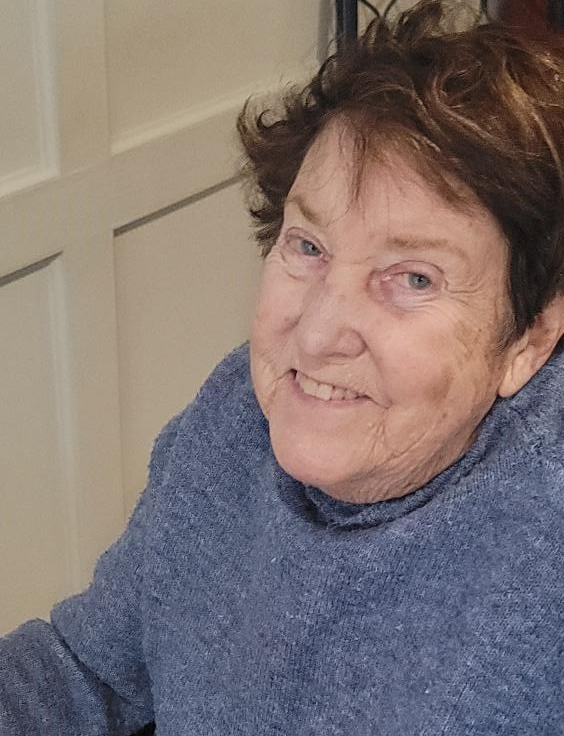
This month, we’re thrilled to shine the spotlight on someone who brings so much joy, laughter, and authenticity to our community, the one and only Karen!
Karen is the kind of person who instantly makes a space feel warmer and more welcoming. She’s incredibly smart, delightfully witty, and never misses a beat when it comes to making us laugh. Whether she’s sharing a clever one-liner, offering a bit of honest wisdom, or just being her wonderfully unapologetic self, Karen has a way of turning ordinary moments into memorable ones. We admire her honesty, which is always delivered with grace and a touch of humor. She tells it like it is and we love her even more for it. Her presence is a reminder that being genuine is a gift, and that laughter really is the best medicine.
Karen, thank you for being a shining example of what it means to live with heart, humor, and authenticity. You’re more than just our Resident of the Month you’re the life of the party, the keeper of real talk, and the reason we’re ten laughing until our sides hurt. We love you, Karen and we’re so lucky to have you in our community!
Associate of the Month
Carlos Bailey
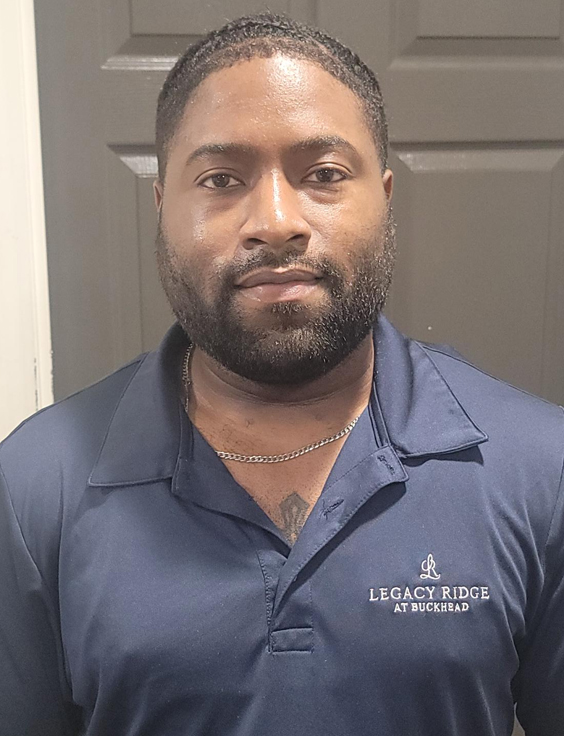
Once again, we are proud to recognize one of our most dedicated and compassionate team members, Carlos!
Carlos consistently goes above and beyond in everything he does. His commitment to our residents is nothing short of inspiring. He doesn’t just do his job, he connects, listens, and truly cares. You’ll often find him taking the time to have meaningful conversations with residents, making sure they feel heard, valued, and supported.
Carlos brings heart and empathy into every interaction. Whether it’s offering a helping hand, a kind word, or simply showing up with a positive attitude, he makes a difference every single day. His willingness to help, no matter what the task, and his steady presence make him an essential part of our team.
Thank you, Carlos, for your hard work, your compassion, and the genuine care you show to both residents and coworkers alike. Your impact is felt by everyone around you, and we are so lucky to have you as part of our community. Congratulations on being Employee of the Month, it’s well deserved!
Collaborators

JoEllen Spivey









